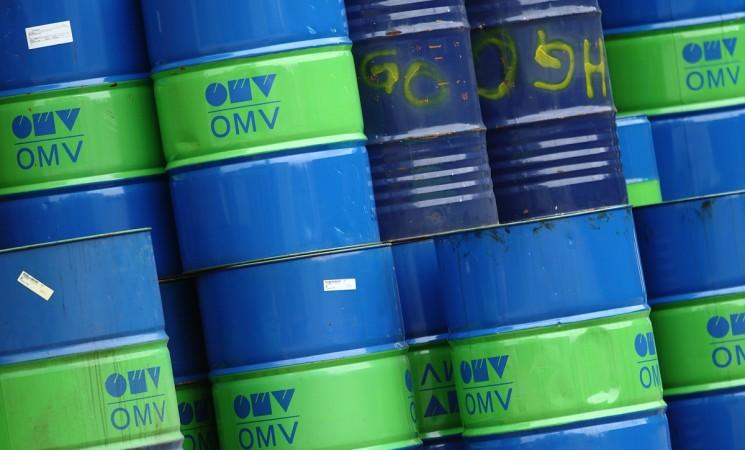
The global benchmark oil price, the Brent crude, jumped nearly 12 per cent on Monday, in one of the biggest-single day leap of recent times. At 7.48 am, the Brent was trading higher by 11.09 per cent at $66.90 a barrel.
Owing to subdued demand and trade tension, the Brent Crude had declined for the fourth consecutive session on Friday. The Brent crude oil prices had closed slightly higher than the $60 a barrel mark.
The surge came after the drone attacks at the world's largest oil processing facility of Aramco in Saudi Arabia on September 14. Houthi rebels claimed responsibility for the attack that triggered major fires at the facility.
Following the attack, Aramco oil facilities curtailed production of crude oil and gas of the world's top exporter by half.
Drone strikes against Aramco facilities
"At 04:00 (0100 GMT), the industrial security teams of Aramco started dealing with fires at two of its facilities in Abqaiq and Khurais as a result of... drones," the official Saudi Press Agency had reported.
The Abqaiq oil field, which is about 60 km south-west of Dhahran in Saudi Arabia's Eastern Province, has the largest oil processing plant. The other targeted area -- Khurais is around 200 km further south-west and has the country's second-largest oilfield.
A statement released by the Houthis said the attack was carried by 10 drones and warned for future attacks against Saudi Arabia, Al Jazeera had reported.
"These attacks are our right, and we warn the Saudis that our targets will keep expanding," Houthi spokesman Yahya Saree had said, on the rebel group's official Al Masirah TV.
"We have the right to strike back in retaliation to the air strikes and the targeting of our civilians for the last five years," he added.
The country had witnessed similar attacks last month after Iran-backed Houthi fighters conducted drone attacks on the Shaybah natural oil liquefication. In May, two oil stations were attacked.
Tensions between Iran and Saudi Arabia have heightened after the country was blamed for attacking four oil tankers, two of them Saudi flagged, in the Gulf of Oman in June and July this year.
Conclusions of an international investigation conducted by Norway and Saudi Arabia were relayed to the United Nations Security Council in June in which a "state actor" was implicated.
Both Saudi Arabia and the United States held Iran to be responsible for the attacks. Tehran has denied the accusations.
(With agency inputs)








